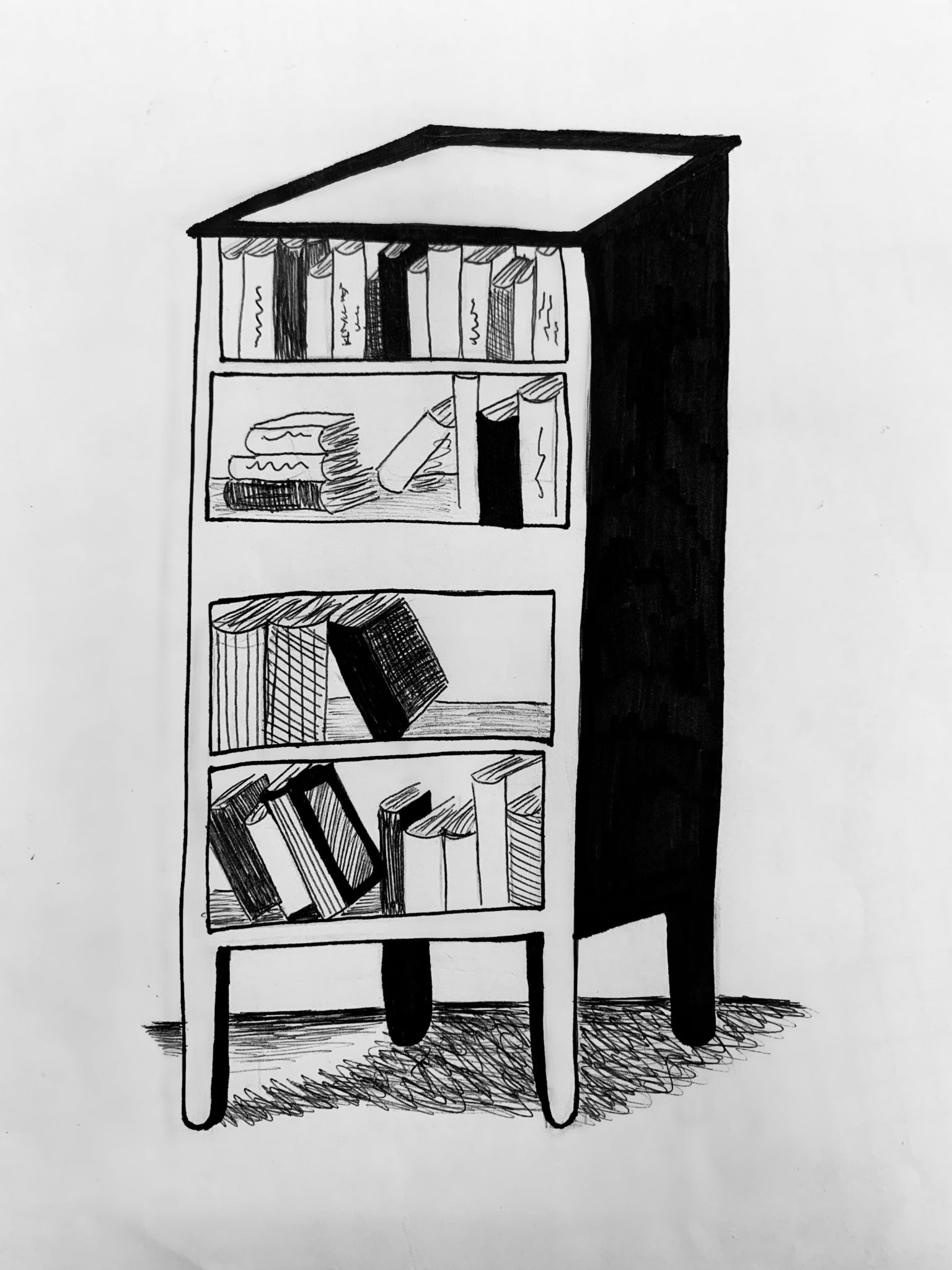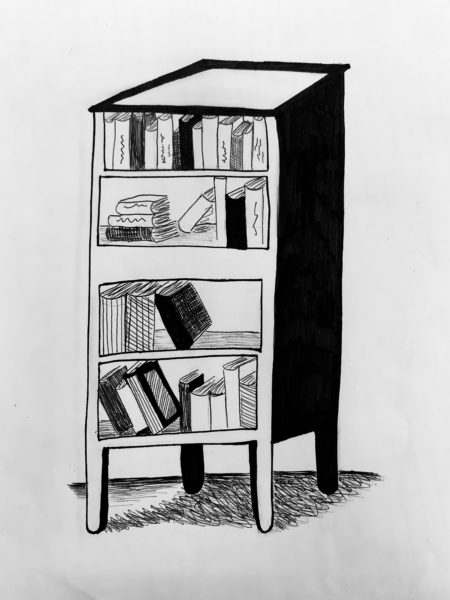
All over the U.S., public libraries have made efforts to remove fines on overdue materials. In Oct. 2021, the New York Public Library, one of the largest library systems in America, eliminated late fees and cleared any previous debt patrons had.
In 2019, the San Mateo County Libraries — which has 13 locations including Foster City and Belmont — became one of the first libraries in the Peninsula Library System to announce that they were going “fine-free.” Throughout the last two years, more libraries in the Peninsula Library System have also done so, with only the San Mateo and Daly City’s libraries remaining.
However, according to San Mateo City Librarian James Moore, the San Mateo Library Board has been discussing the idea recently and is in favor of eliminating fines.
“For us, [late fines are] not … a big deal, it’s more of a little annoyance,” said sophomore Eric Gonzalez-Jimenez, who would visit libraries in Santa Clara County often before the pandemic. “For other people, it might be a great motivator, especially if the library is their only source of books.”
While the effect of a late fine on a family’s budget may vary, it does not have a significant impact on the library’s budget. Revenue from library fines has been steadily decreasing over the past decade due to many factors.
“About 11 years ago, we got about $150,000 a year in fines,” Moore said. “In the last full year we were open, I think we got about $50,000. That is less than a seventh of a percent of our budget, which is $8.2 million. The reason the fine collections have been going down was that collectively, we along with the other libraries in PLS, have been doing things … so that patrons were going to be getting fined less.”

Some of the measures introduced by the Peninsula Library System include fine-free children’s materials, fine-free or discounted senior materials and automatic renewals, which have resulted in increased material circulation and library card applications.
“[Late fines] didn’t really affect me until I started checking out teen novels and stuff,” said sophomore Hailey La Monte, who frequently visits the San Mateo Public Library. “[Then] there was definitely always pressure [to return books quickly].”
In a 2019 press release about their decision to remove late fines, SMCL cited late fines as a barrier for mostly low-income patrons. At the time, 8% of all 165,000 cardholders had cards blocked due to fines, and in locations serving lower-income communities, this figure went up to 19%.
“One of the things that took us longer [to remove fines] was that … the leadership of our library board wanted us to show specifically that our fines were hurting lower-income San Mateans, and that was something that we couldn’t show,” Moore said. “For example, at [the] San Francisco Public Library … they were able to look at different zip codes and say, … the majority of the people who are blocked from using the library come from this zip code, and this zip code also happens to be poor, or has a large minority population or immigrant population, and we’re preventing them from using the library. Here, we weren’t able to do that because San Mateo only has four zip codes, and those four zip codes have different income ranges.”
However, Moore and others on the board still thought it was a valuable cause.
“We [couldn’t] prove that this is going to help this group or that group, or people who are disenfranchised; but what I [could] see is that it doesn’t hurt us,” Moore said. “Our patrons are generally trustworthy, and I looked at other evidence across the country. [Of] libraries that did this, almost all of them reported that they didn’t have all these issues that certain people were worried about, … like [how] it doesn’t teach kids the lesson to bring stuff back on time.”
La Monte agrees that removing fines will not deter book returns.
“I think people will return books no matter what,” La Monte said. “Fines might even discourage people from checking out books in the first place. They know that if anything happened, if they need [a book] for a long time, or … [they] forget, [they would be fined].”
Since 2020, library fines have been temporarily suspended due to changing reopening policies during the pandemic. However, this has not led to significant changes in book returns.
“We … discovered that most people who brought [materials] back on time pretty much kept doing it,” Moore said. “Maybe we don’t solve some big social problem, but this is a thing that we could do that doesn’t really cause us any problems.”
Currently, the decision has been approved by the Library Board but is waiting on an official vote from the city council. The city council’s vote could permanently suspend fines.




